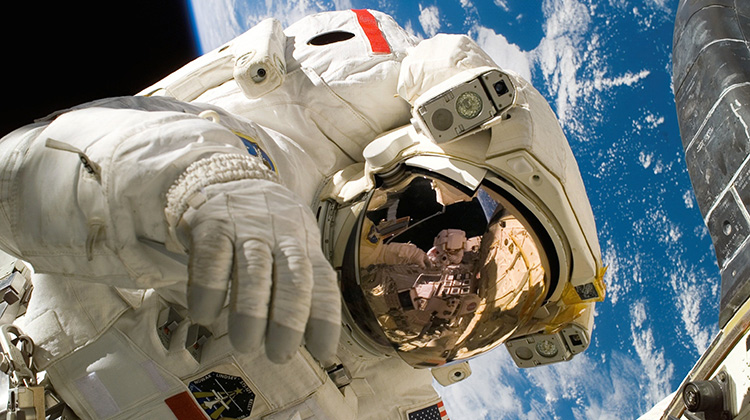Connecting Students with Science Globally

La Trobe University’s FARLabs (Freely Accessible Remote Labs) now ten years into igniting the scientific minds of the future, is offering a new program that gives secondary school students anywhere in the world access to high-tech space experiments from their own classroom.
On Tuesday 14 November, students from Melbourne’s Greenvale Secondary College and the Handa Upper Secondary School Aichi Prefecture in Japan participated in the program.
Led by a team based at La Trobe’s Bundoora campus, the students conducted space-age science experiments, learning about critical issues such as survival on the moon, from their respective classrooms.
This space experiment program is the latest online learning offering from the FARLabs team, who have delivered their unique free science program to more than 2000 students, at 700 participating schools across 20 countries.
The FARLabs online program gives schools and secondary students free access to cutting-edge science experiments in areas such as robotics, space, nuclear technology, and environment.
Co-founded in 2013 by Dr David Hoxley and Professor Brian Abbey from the La Trobe Institute for Molecular Science (LIMS), the FARLabs program has transformed the way students from around the world can learn and engage with science.
“We are so thrilled with the success of the program which keeps going from strength to strength. Using basic computers, cameras, remote controls and robots, we can take students through a wide range of experiments, from collecting data on radioactive samples, to accessing climate data from 700 weather stations, testing cyclone conditions in a simulated wind-tunnel, or learning how to survive radiation exposure in space,” Dr Hoxley said.
The FARLabs program has no set up requirements or costs for the schools involved, it provides access to university standard science to resource-poor communities. A series of events held in 2022 have been led by LIMS scientist and FARLabs coordinator Dr Connie Darmanin.
Activities and experiments are linked to the Victorian curriculum for middle school years (7-10), VCE/HSC and the Australian national science curriculum.
Professor Brian Abbey said the program makes science accessible to everyone.
“This program has been designed to address inequality of access to top-class scientific equipment using technology to bridge that gap and remove any barriers to science. It provides high school teachers and students with online access to significant equipment for use in pre-prepared, practical experiments,” Professor Abbey said.